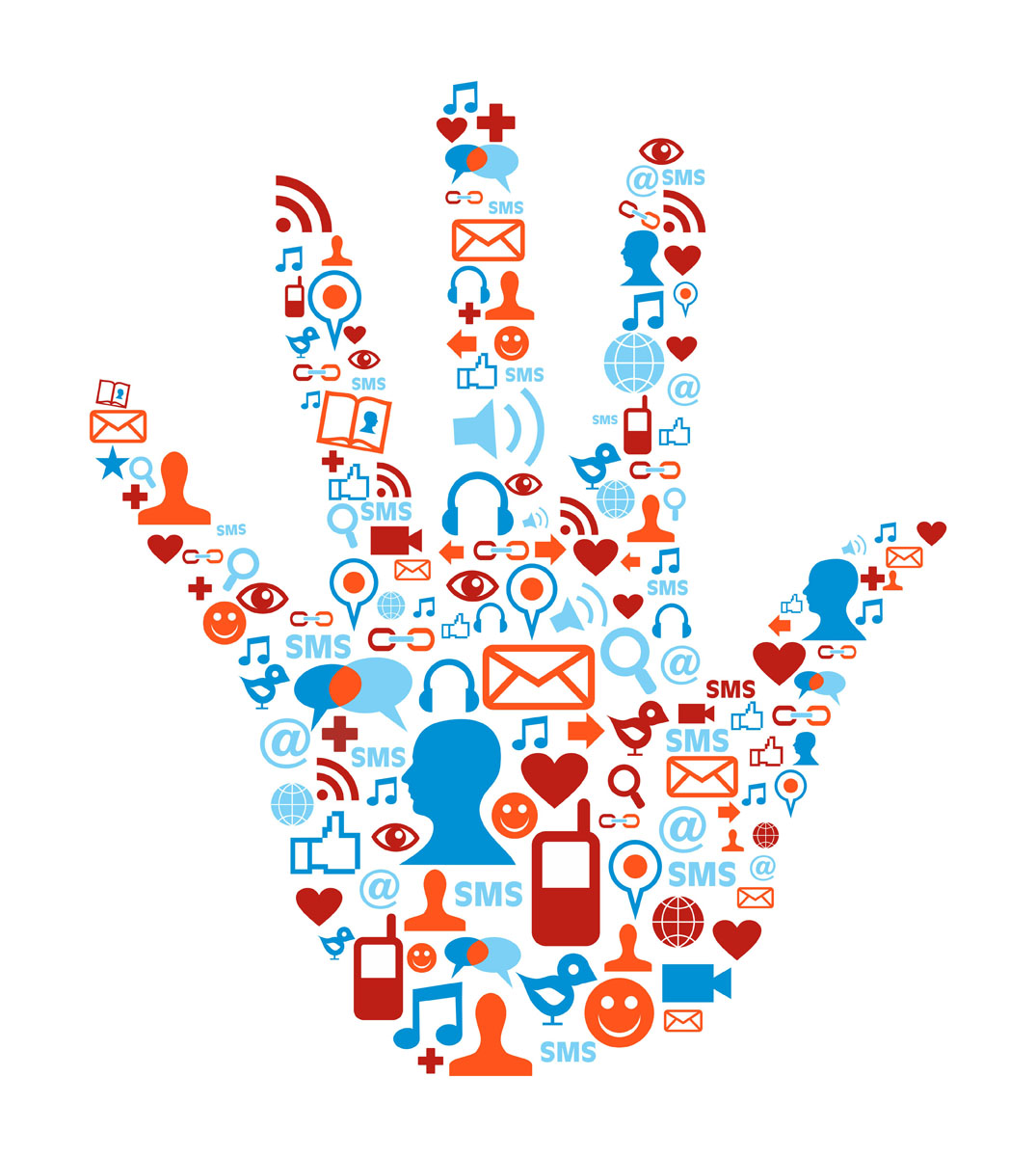
‘In a recent discussion within various PA/ administrative LinkedIn groups, I asked what changes in working practice over the last 10 years had been the most challenging.
‘There were varied replies, however the most commonn reply was the impact of new technology.
Trying to keep up with new systems and packages and the speed of information transfer were particularly prevalent factors. Everything becomes urgent because of the ease of communications.
Managers taking on tasks themselves because of the simplicity of the technology can make PAs feel undervalued. The managers are making a big mistake here as they are paid to do other things rather than arranging meetings and travel, for example. On the other hand, there are managers who do not embrace technology at all and task their PAs with printing off reams of e-mails and reports.
The successful PA needs to impress on her manager the importance of effective task management.
Many people feel isolated as they sit all day at their computers and yet feel overwhelmed by being constantly "on call" because of Blackberries and SmartPhones.
The problem is that we generally try to add technology to what we already do instead of completely changing our habits.
For example, is e-mail the best way to communicate now? Or would going through LinkedIn or other social media be more effective? Some universities are no longer giving students their own e-mail addresses as these aren’t being used.
New technology enables us to work from home or virtually; it actually can give us more freedom. We must, however, find the "off" switch and use it; that doesn’t mean on "silent". We are entitled to our leisure time. It also shows respect and thought for our friends and family.
Don’t just add equipment to your existing work space. Rethink the entire layout; and your systems. Rather than buying a new screen for your computer, get yourself a screen with the hardware included — no tower needed anymore.
Spend a few minutes, morning and evening, on social media; Facebook, Twitter and LinkedIn are very useful to develop businesses and skills but can take over if you are not in control. Watch out for Google+ ; will it outclass Facebook?
Remember, just because somebody has messaged or e-mailed you, it is usually not essential to reply instantly. We are getting ourselves into a deeper rut by letting other people control our time.
For example, tell colleagues that you check e-mails once an hour and, if something is particularly urgent, they should call you.
Remember, if you’re in a meeting for an hour, you don’t read your e-mails (hopefully!). Recently
Richard Branson said, "You must manage your Blackberry; do not let it manage you". Many executives check their smartphones throughout meetings and during off-hours. This is not good for concentration, and has a negative impact on decision making. Use it only in bursts: check e-mails for an hour or so and then put it away so you can focus on the task at hand.
Most importantly, show a positive attitude towards technology. Get yourself informed. Attend seminars, read articles, join discussions. I was recently asked to give a presentation to a small group about social media – not because I’m an expert, but because the group had no knowledge whatsoever!
Ensure you fully understand how social media can benefit you and your organisation. Find out about IP telephony and Cloud; these are the future.
Take back control!












